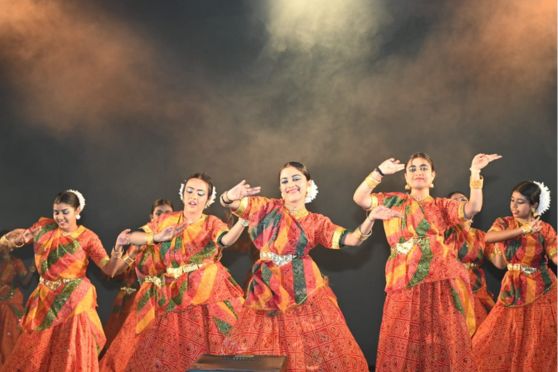 Tuesday, 30 April 2024
Tuesday, 30 April 2024
 Tuesday, 30 April 2024
Tuesday, 30 April 2024
Satyajit Ray's Pather Panchali, the first film in the Apu trilogy was released in 1955. Based on the novel by Bibhutibushan Bandhopadhya, it revolves around the life of Apu. Even though he is the protagonist of the film, Ray treats the two other characters, Durga (Apu's suster) and Sarbajaya, their mother, with utmost care and diginity. The film is essentially about Apu's life and follows his journey. There is an underlying theme of modernism in the film which is beautifully portrayed by Ray. Durga is portrayed as kind, caring woman, their mother is seen as a women who lives a poverty-stricken life with dignity. Sarbajaya maintains her dignity even when she was grieving the loss of his child.
Ray's Charulata (1964) was based on Rabindranath Tagore's Nastanirh. Charu is a lonely housewife, ignored by her rich workaholic husband. She lives a wealthy idle life. Charu is stuck in a marriage, devoid of love, her feelings go unnoticed by her husband. Arrival of her husband's young cousin awakens her ambitions and her sexuality. The film depicts Charu's strong emotions about love and lovelessness.
Devi (1960), is a film based on a short story by Provatkumar Mukhopadhyay and is based on the 19th century rural Bengal. Dayamoyee, the protagonist is hailed as a goddess by her father-in-law. The story deals with the patriarchal ritualistic traditions and the victimization of women by the same. Day (played by Sharmila Tagore) was unable to break the shackles of blind faith and the goddess avatar imposed on her.
Ray's Ghare-Baire is adapted from Tagore's novel by the same title. The story follows a love triangle in the backdrop of Swadeshi movement. Bimala, wife of a zamindar Nikhilesh falls in love with a Swadeshi leader. Satyajit Ray portrayed Bimala as a timid women who found herself better after discovering the world outside of her domestic life. Her self-discovery was encouraged by her husband. In the end, she ultimately returned to Nikhilesh.
Mahanagar (1963), was based on a short story by Narendranath Mitra and it depicted the struggles of a middle-class family. Arati transforms from a stay at home wife to a working wife to share the burden of her extended family. Her husband and her her in-laws were extremely shocked by Arati's decision.







